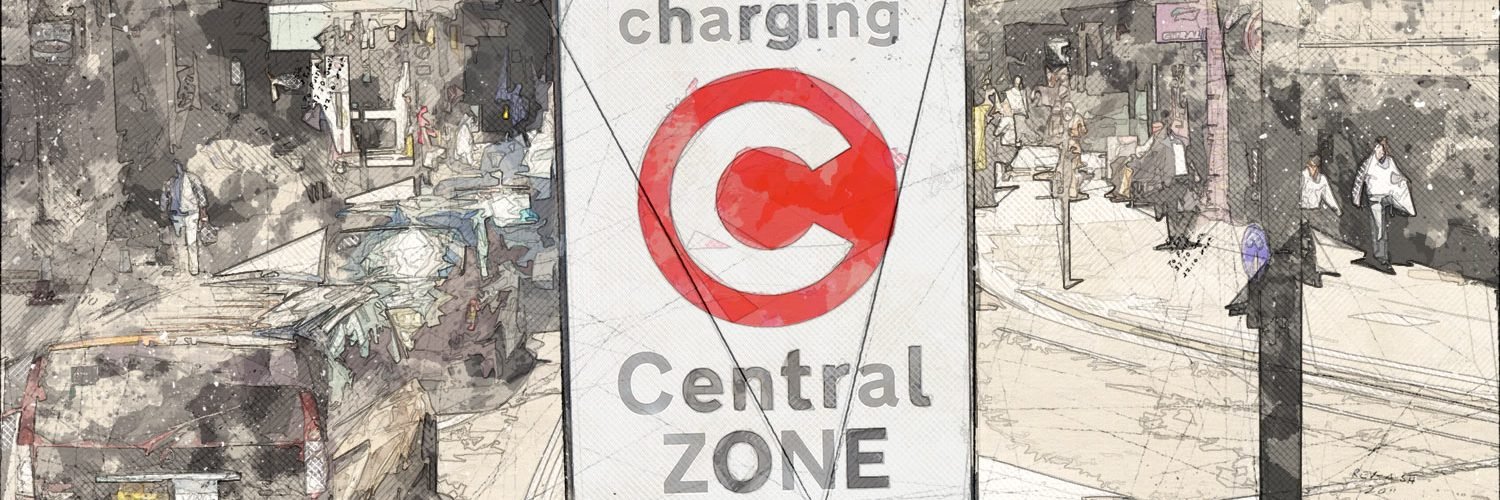Would you support a congestion charge at peak times to reduce traffic in Cambridge?
If you’re in favour, it may be because you can afford to pay a charge, intend to continue driving, and expect to benefit from quicker journey times. Or maybe you’re a bus user, hoping your journey will be more reliable and shorter; or you cycle or walk, and hope your journey will be on safer and less polluted roads.
If you’re against a charge, it may be because it will cost you significantly more, whether you drive or take public transport; or because buses are not available when and where you need them; or because travelling by bus would keep you away from home and family for too long; or because it would be too stressful dealing with bus cancellations and delays that might lose you your job.
Even with this partial picture, it’s clear that supporters will predominantly live in Cambridge or be well-off; and opponents will predominantly live beyond the city edges and be less affluent.
But what is most glaringly obvious is the inadequacy of existing public transport alternatives, in particular, buses. The money raised by the congestion charge will be ring-fenced for improving public transport – but how?
Neither the Greater Cambridge Partnership nor the Combined Authority has a plan to transform bus services across the region, beyond making parts of a few routes a little quicker and more reliable. Yet if a congestion charge is to gain popular support and be equitable, that transformation has to be more than a promise; it has to be experienced.
The consultancy SYSTRA is preparing a review of current bus services and future options, due in October. If a credible plan follows for delivering radical improvement to bus services, then the anticipated proposal for a congestion charge will have a fighting chance.
Otherwise it’s a lost cause. Moreover, the decline in bus services will become increasingly difficult to reverse, and congestion will choke Cambridge and all the villages around it – long before a ‘metro’ can be opened (as we wrote last week).
This article was first published in the Cambridge Independent on 8 August 2018.



I live West of Cambridge on the Citi-4 route, and whilst it’s an OK service there are problems. Firstly, the Sunday service is really bad. If you work in a shop in Cambridge on a Sunday, the earliest bus is too late to arrive at work on time – it leaves Cambourne at 0925 and arrives in the city at nearly 1010!
Secondly, the last Sunday bus back leaves at 1800, so it’s useless if you want to eat out in Cambridge on a Sunday evening.
Weekdays it’s acceptable, Saturdays are sort of OK.
My fear is that congestion charging will be simply a tax on the motorist, when it should be part of an incentive to fix congestion and pollution. They need things like EV charging at park and ride (and I think the council’s price of £30k for a single charger is a nonsense), better buses (smaller buses, also hybrid and not dirty diesels, with more routes and more frequent service and wider operating times).
If congestion charging is implemented without these measures, it will simply drive another nail into the coffin of the city centre as anything other than a place for restaurants, cafes and a small number of high margin low volume shops.